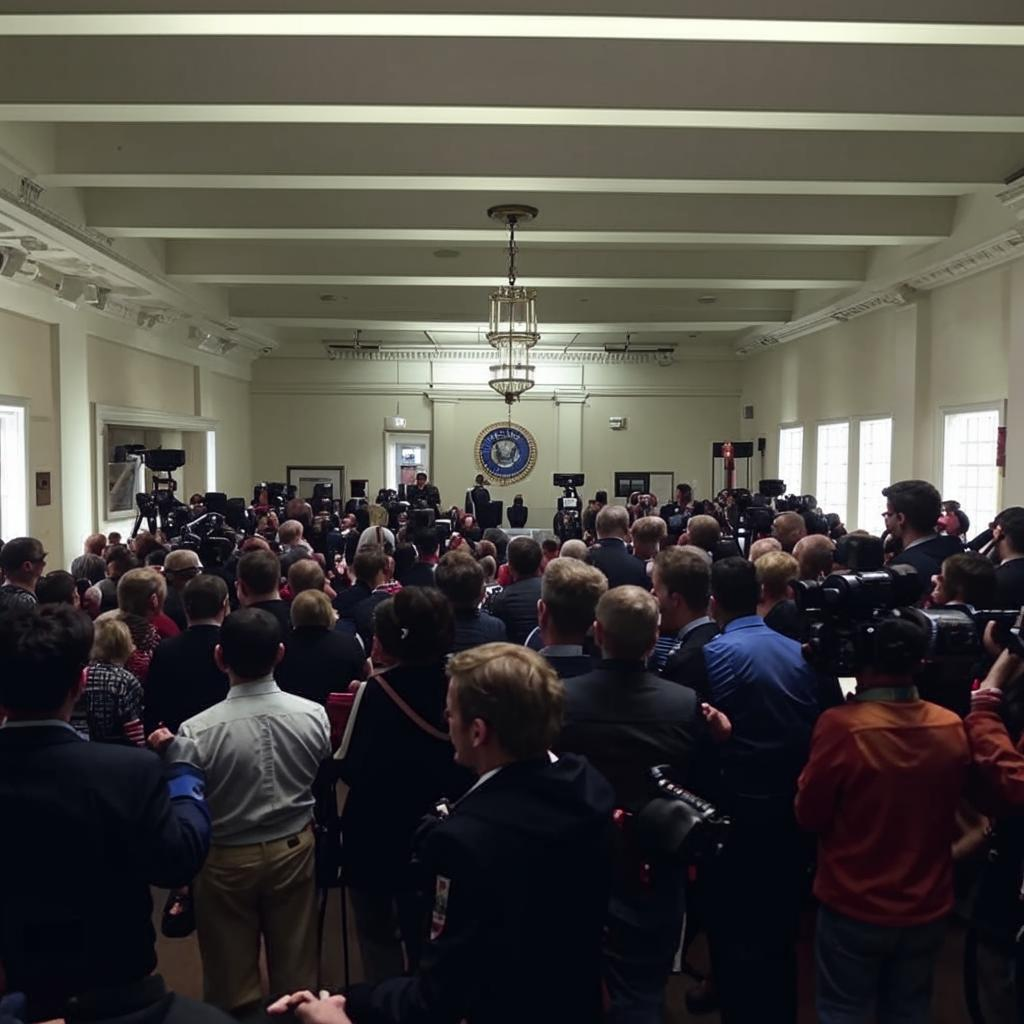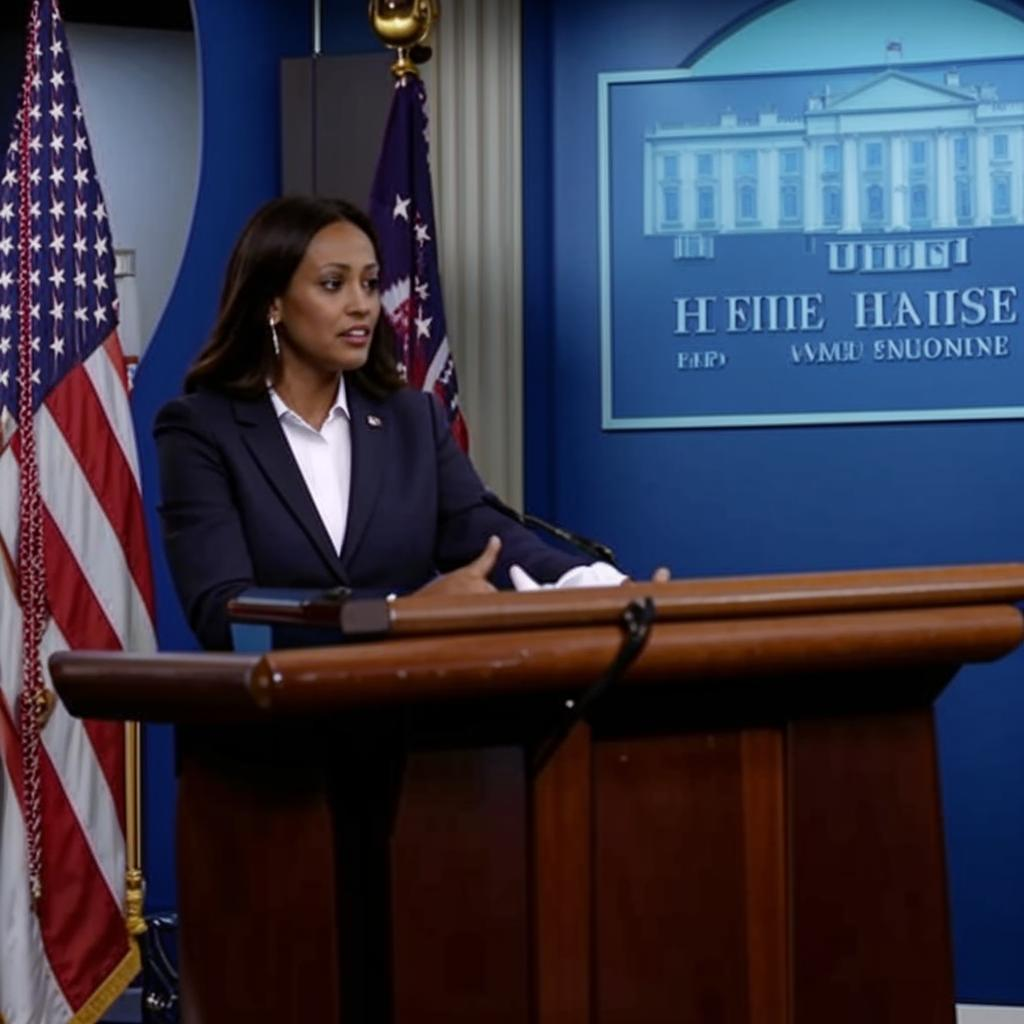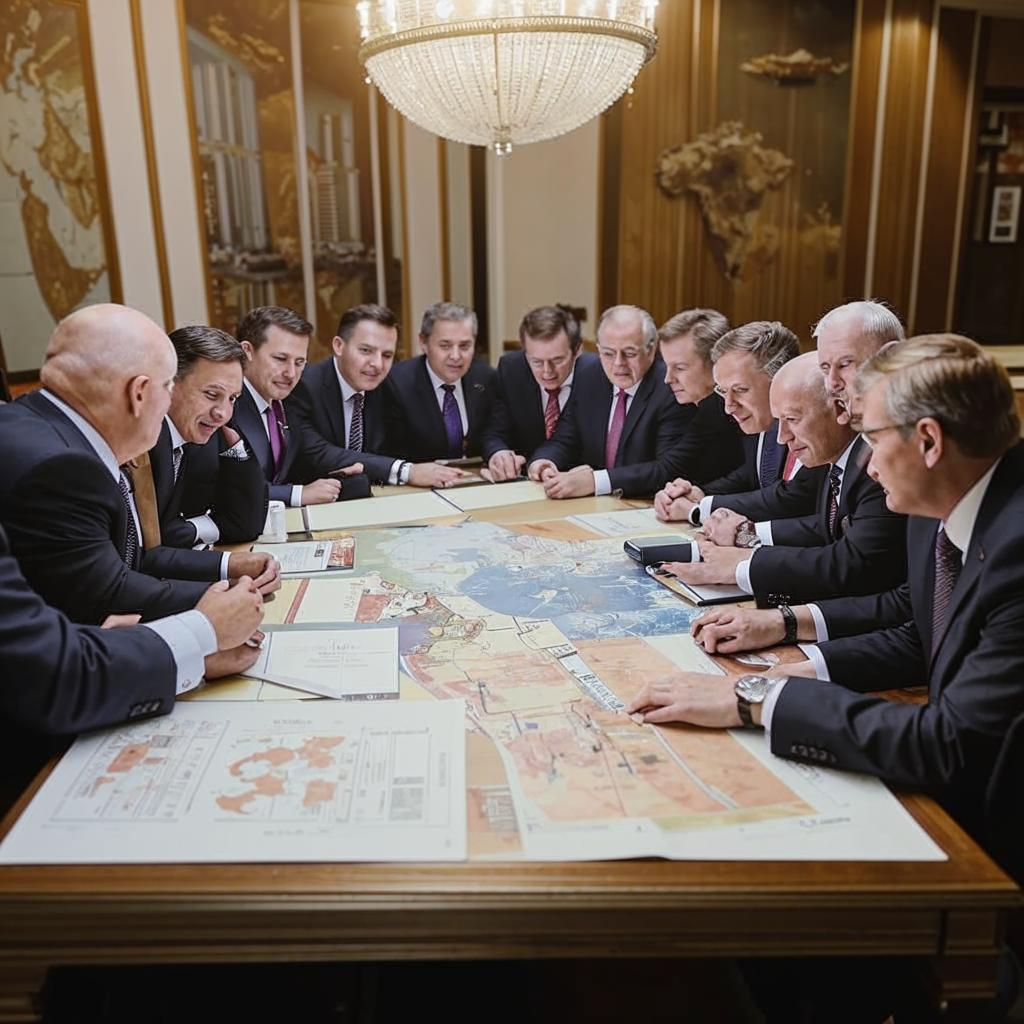Federal actions are casting a shadow over the security of U.S. elections, raising concerns about the integrity of the democratic process. These actions, including politically motivated investigations and appointments, risk eroding public trust in the electoral system.
Former President Trump’s efforts to overturn the 2020 election continue to resonate, fueling distrust and prompting partisan audits that undermine confidence in election results. Simultaneously, there are actions within the federal government itself, where appointments to key positions with oversight over elections are viewed with suspicion. Concerns have been raised about the independence and impartiality of these individuals.
Moreover, proposed changes to voting laws at the state level, often justified by unsubstantiated claims of fraud, threaten to disenfranchise voters and make it more difficult for eligible citizens to exercise their right to vote. These measures disproportionately impact minority communities and other historically marginalized groups.
The cumulative effect of these actions is a weakening of the foundations of American democracy. A robust and secure election system requires not only strong laws and procedures but also a commitment to nonpartisanship and respect for the democratic process. When political considerations override the integrity of elections, the very legitimacy of government is called into question.
To safeguard the future of American democracy, it is essential that all actors, including elected officials, government appointees, and citizens, prioritize election security and work to ensure that all elections are free, fair, and accessible to all eligible voters. Protecting the right to vote and ensuring the integrity of elections are not partisan issues but fundamental responsibilities in a democratic society.












